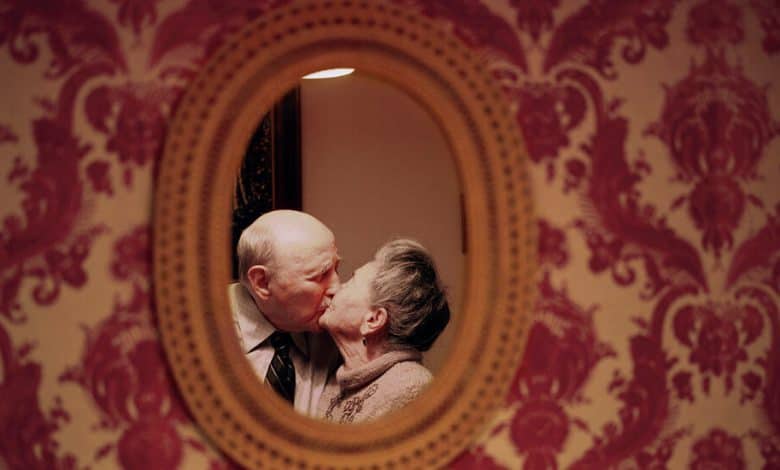The Case for Saying ‘I Do’

With little notice, the United States may be crossing a historic milestone in family structure, one that may shape our health, wealth and happiness.
Historically, most American adults were married — more than two-thirds as recently as 1970. But the married share has crept downward, and today only about half of adults are married. Depending on the data source, we may already have entered an epoch in which a majority are not married.
“Our civilization is in the midst of an epochal shift, a shift away from marriage,” Brad Wilcox, a sociologist who directs the National Marriage Project at the University of Virginia, writes in his new book, “Get Married.” “In place of marriage, many Americans are remaining single or simply living together without wedding rings. And to be clear, it’s more of the former than the latter.”
Wilcox believes that perhaps a third of today’s young Americans will never marry. As a long-married romantic myself, I find that troubling, but it’s not just soggy sentimentality. Survey data indicates that married couples on average report more happiness, build more wealth, live longer and raise more successful children than single parents or cohabiting couples, though there are plenty of exceptions.
“Fixing what ails America starts with renewing marriage and family life, especially in poor and working-class communities where the fabric of family life is weakest,” Wilcox argues.
He’s up against a counter view that one should dodge family responsibilities, relish freedom and play hard. Many boys and men flock to the online rantings of Andrew Tate, the misogynistic influencer facing human trafficking charges, who has argued, “There is zero advantage to marriage in the Western world for a man.”
